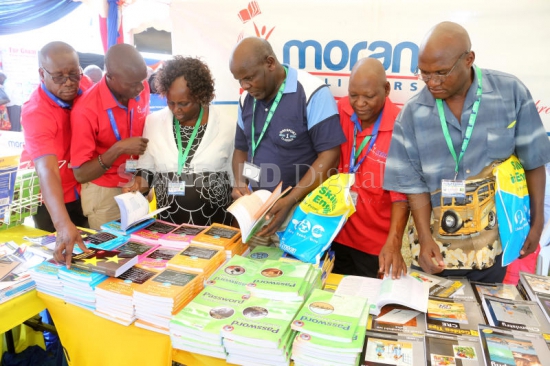
NAIROBI: I know someone who approached a manager in a publishing firm when he was in a fix hoping to get help and getting help he did. Apart from that the person changed his life. This man was introduced to writing curriculum books and he never looked back. If you ask me, I don’t think this gentleman would have achieved what he has if he had concentrated on his day job that was sinking him in debt. Today, he is a happy man able to meet most of his financial obligations. Just to be clear though, this is did not happen in a day. However, on a light note, when he received his first royalty cheque, about Sh120,000, he cried. Today if he receives say, Sh1 million, he pulls a face and asks, “Only this?”
The Ministry of Education will soon require curriculum material and I thought I should just point out that there is an immense opportunity here for anyone who is a teacher and would like to venture into writing fiction and non-fiction. What are the requirements? Well, I wouldn’t call them requirements but qualities that will enable you make it, if you are a teacher who is a talented writer. The first quality is that you must be good at what you do, teach, or desire to engage in. Ask yourself what will separate you from the rest. You must develop your writing technique in such a way that you standout. That way, publishers will seek you.